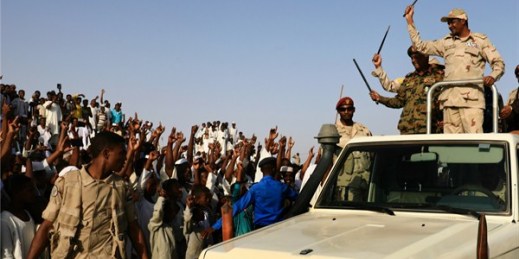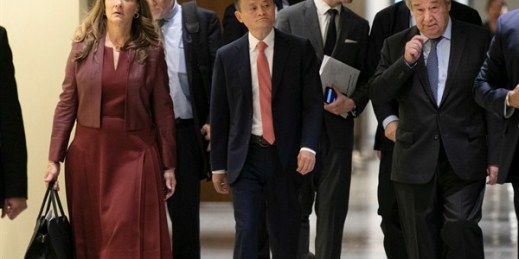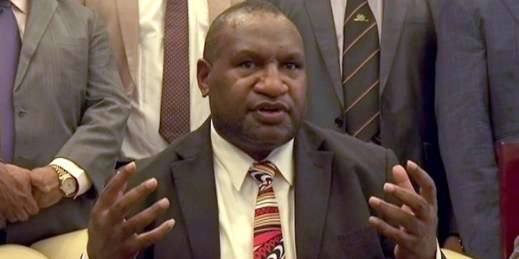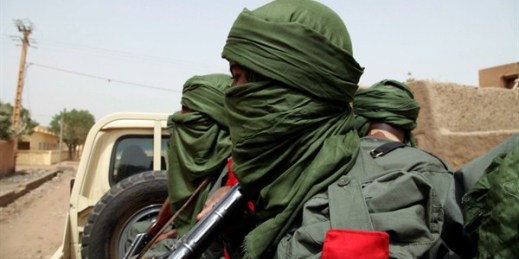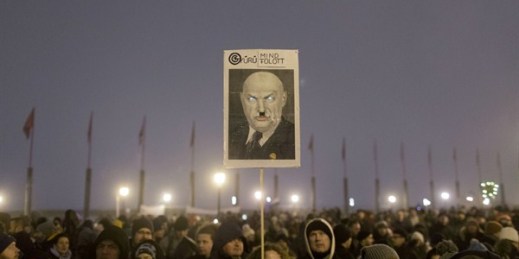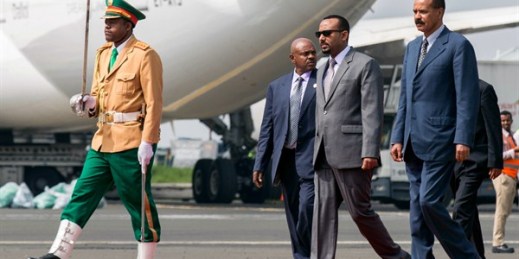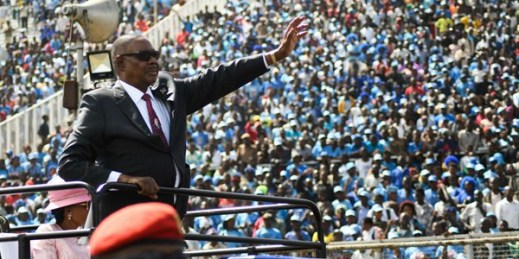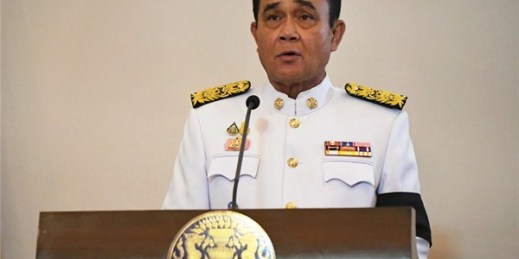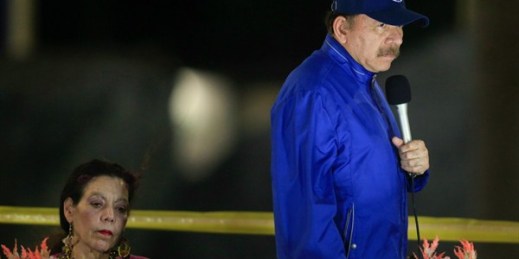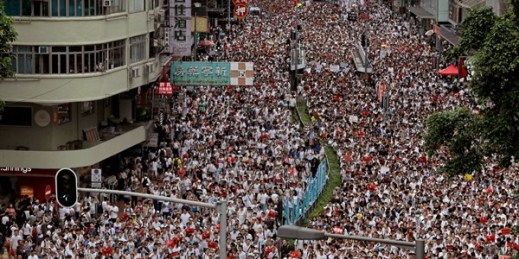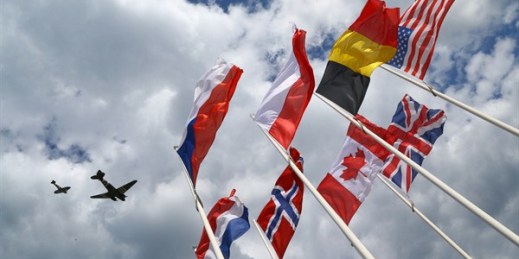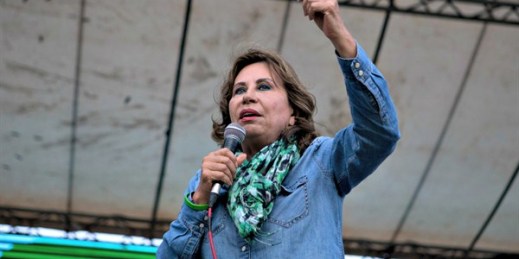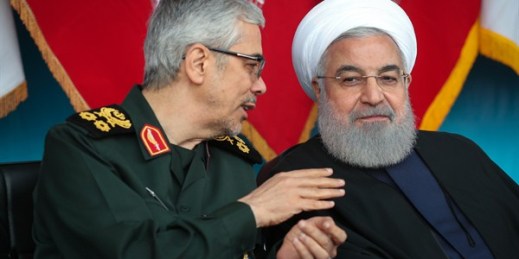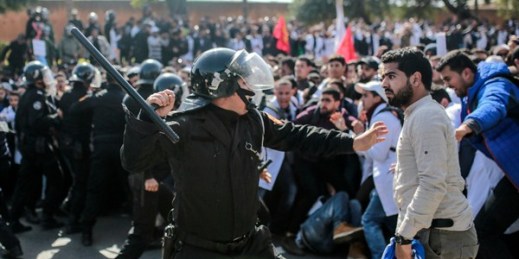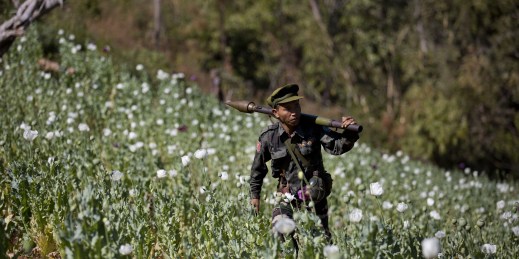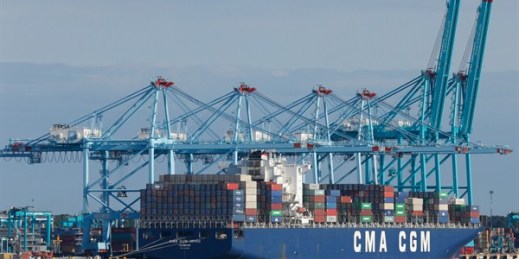
President Donald Trump likes trade wars because he thinks they are “easy to win,” as he infamously put it, and because he thinks they will help improve the trade balance. Trump claims past American presidents have been weak, allowing other countries to take advantage of the United States in trade negotiations. As evidence, he points to the large American trade deficit. But any economist worth her salt will tell you that the deficit doesn’t reflect what Trump thinks it does. Instead, it simply reflects the propensity of Americans to spend more than they save and invest. Trump is wrong about […]

